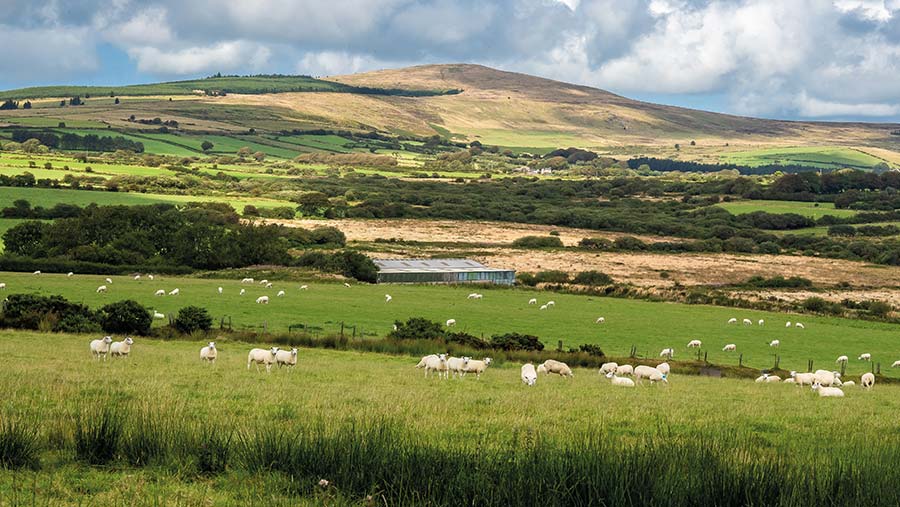‘Fury’ as Welsh government cuts rural affairs budget
 © Postywood1/Adobe Stock
© Postywood1/Adobe Stock NFU Cymru deputy president Abi Reader has said she is “absolutely furious” about Welsh government cuts to the rural affairs budget, claiming agriculture is the “forgotten sector” in Cardiff.
Ministers have chosen to fund increases in the NHS and transport budgets with savings from elsewhere, including £37.5m which is expected to be recouped from multiple schemes under the rural investment banner, such as the Horticulture Development Scheme and the Agricultural Diversification Scheme.
The Welsh government said the money has been “reprioritised” as a result of underspend.
See also: Welsh milk production threatened by planned nitrogen limits
The Farmers’ Union of Wales (FUW) has also raised concerns about the Habitat Wales Scheme budget, which is replacing Glastir.
“It would be deeply concerning if reductions to this overall rural affairs budget led to a significantly smaller funding pot being made available for the Habitat Wales Scheme budget,” said FUW president Ian Rickman.
“The FUW remains extremely concerned that, should the new scheme be financially unattractive to farmers, any resultant underspend will represent a further loss of income to the sector.”
NFU Cymru had feared that £20m of funding earmarked to help farmers meet controversial water quality regulations would be affected by the cuts, but Welsh government has denied this is the case.
The rules, which require farms to have at least five months’ worth of slurry storage and impose a three-month ban on slurry spreading every autumn, are expected by Welsh government to cost farmers as much as £360m in infrastructure costs.
Farming unions’ concerns
Ms Reader told Farmers Weekly the union had asked on four separate occasions where the cash for water quality regulation compliance was, but “nothing has come forward”.
“They’ve come up with a lot of excuses about how farmers haven’t applied for various pots,” she said.
“There are so many reasons for that – inability to get planning permission, the inability of the government to make these schemes available in the first place and the complex issues of applying for them.
“Farmers have lost a lot of faith. When you’re looking at making capital investments, even when it’s 40%, which is not insignificant to help prop up your payment, you still have to find the other 60%.”
A spokesperson for the Welsh government said it’s ongoing commitment to farmers was demonstrated by its prioritisation of the Basic Payment Scheme 2023 budget, the introduction of the interim Habitat Wales scheme and funding over many years for nutrient management.
